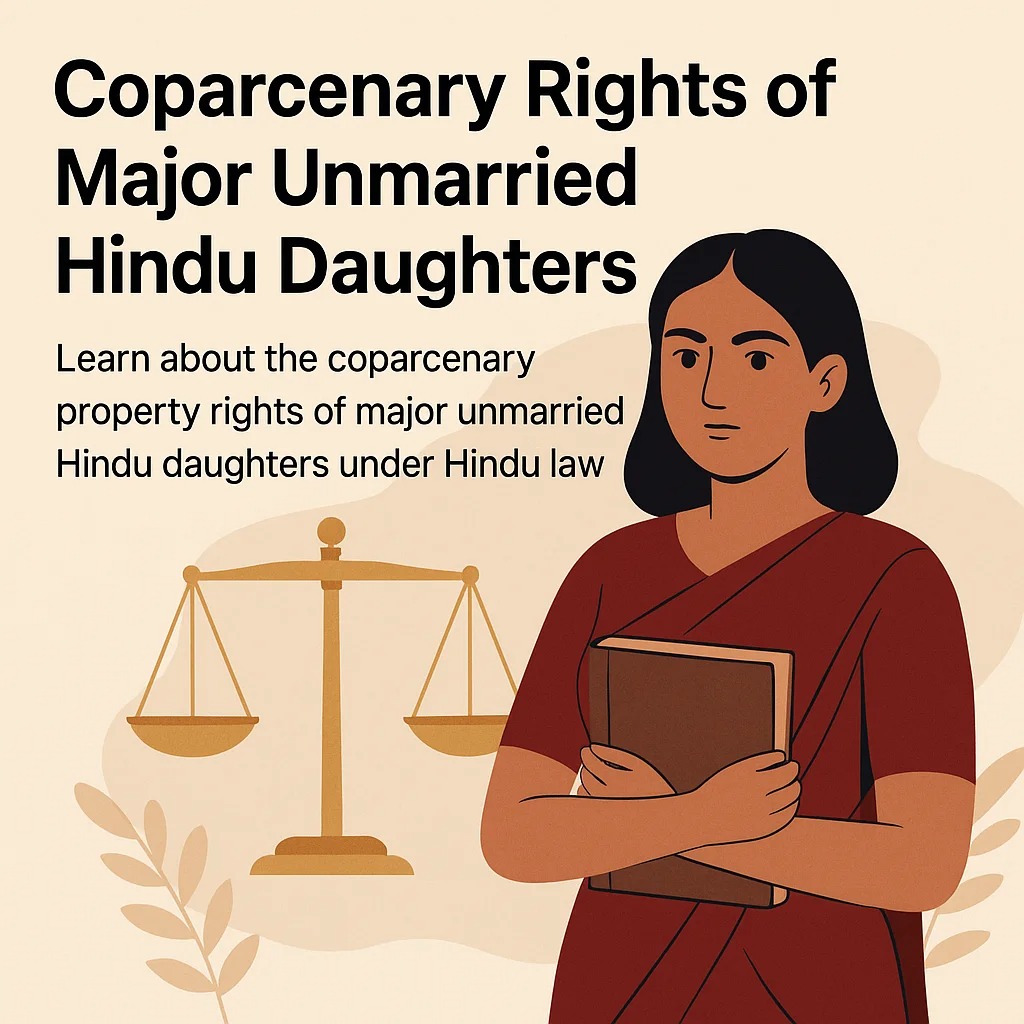P.K. Mukherjee, J.@mdashIn the instant writ petition filed on behalf of M/s Hindusthan Development Corporation Limited & Anr., the petitioner herein, the petitioner has challenged an order passed by the First Labour Court dated July 31, 1992, whereby the prayer of the petitioner company to file additional written statement and/or objection under Rule 20D of the Industrial Dispute Rules, 1985, has been rejected.
2. Mr. K. P. Mookherjee, learned Advocate appearing on behalf of the petitioner company, submits that since there is no bar in framing additional issue in terms of Rule 20D of the Industrial Dispute Rules, the learned Judge, First Labour Court has committed an error which is apparent on the face of record in not allowing the opposite party company (petitioner herein) to file additional written statement in terms of Rule 20D of the aforesaid Rules.
3. Mr. Balai Ch. Paul, learned Advocate appearing on behalf of the Workman, after placing the provisions of Rule 20D of the Rules relating to filing of the additional issues, put much emphasis on the wording that issues relating to and arising out of the point in dispute, and matters thereto, as well as the additional or subsidiary issues and as in the present case there was no reference in this regard by the State Government. The Labour Court has rightly rejected the prayer on behalf of the company to frame additional issue.
4. In reply, Mr. Mookherjee, learned Advocate appearing on behalf of the petitioners, has placed strong reliance on the observations made by the Supreme Court in the case of
5. In paragraph 231 at page 235, wherein the Supreme Court, inter alia, observed as follows :
Very broadly it follows the pattern of the Civil Courts, when the reference is made by Government, the Tribunal has to take the pleadings of the parties in writing and to draw up issues. Then it takes evidence, hears, arguments and finally pronounces its ''Judgment'' in open Court. It is evident from this that though these Tribunals are not bound by all the technicalities of Civil Courts, they must nevertheless follows the same general pattern.
Now the only point of requiring pleadings and issues is to ascertain the real dispute between the parties to narrow the area of conflict and to see just where the two sides differ. It is not open to the Tribunals to fly off at a tangent and disregarding the pleadings, to reach any conclusions that they think are just and proper.
6. After placing the aforesaid observations made by the Supreme Court in paragraph 17 of the instant writ petition, Mr. Mookherjee, learned Advocate for the petitioners, submits as it has been provided in Rule 20D, that issue relating to an arising out of point in this dispute, as referred, and matters incidental thereto as well as the additional or subsidiary issues not enlarging in any way the scope of the points refereed for adjudication on the merits, the Labour Court has certainly the power, as it would be evident from the aforesaid observations made by the Supreme Court, referred to hereinabove.
7. I have considered the rival submissions of both parties at some length and I am of the view that the principle of framing additional issues, as provided under the Code of Civil procedure, can be extended in adjudication of a matter before the Tribunal or Labour Court.
8. At the same time, I am of the view that since admittedly there is no reference by the appropriate Government before the Labour Court as it is an application u/s 33C(2) of the Industrial Disputes Act, 1947, the Labour Court will be entitled to take into consideration the objection and/or additional objection to be filed on behalf of the petitioner Company, for doing justice to the Company.
9. In the result, the impugned order dated July 31, 1992, passed by the first Labour Court is set aside and the entire matter is remanded back to the Labour Court for re-hearing on the basis of the principle laid down by the Supreme Court, as referred to hereinabove.
10. The Labour Court is directed to dispose of the matter ''as expeditiously as possible'', preferably within two months from the date of communication of the Xerox copy of this order.
11. The writ petition is allowed in part to the extent indicated above.
There will be no order as to costs.
Let Xerox copies of this order be given to the learned Advocates appearing for the parties on usual undertaking.

